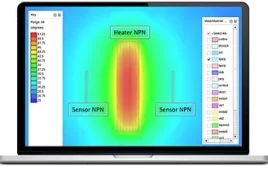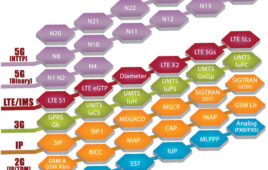The Supreme Court on Monday ruled that an antitrust lawsuit brought against Apple by iPhone users accusing the tech giant of unlawfully monopolizing the iPhone app market and inflating prices can proceed.
When a user purchases a third-party iPhone app, Apple collects 30 percent of the payment essentially as a commission, with the remainder going to the developers. Plaintiffs of the suit allege that Apple used monopolistic power, forcing iPhone owners to pay bloated prices with no other option other than to not download the desired app. More than 2 million apps are sold through Apple’s App Store marketplace.
Apple tried to dismiss the lawsuit, arguing that iPhone users weren’t in a position to bring on this kind of litigation because, unlike developers, they were not direct purchasers from Apple. In a 5 to 4 vote, the Supreme Court rejected that claim and Apple’s position that it’s only an intermediary via the popular App Store.
“Apple’s line-drawing does not make a lot of sense, other than as a way to gerrymander Apple out of this and similar lawsuits,” Justice Brett Kavanaugh wrote in the majority opinion, obtained by CNBC.
According to the New York Times, Apple could face heavy penalties, as successful antitrust plaintiffs are entitled to triple damages, with potentially hundreds of millions of dollars at stake.




